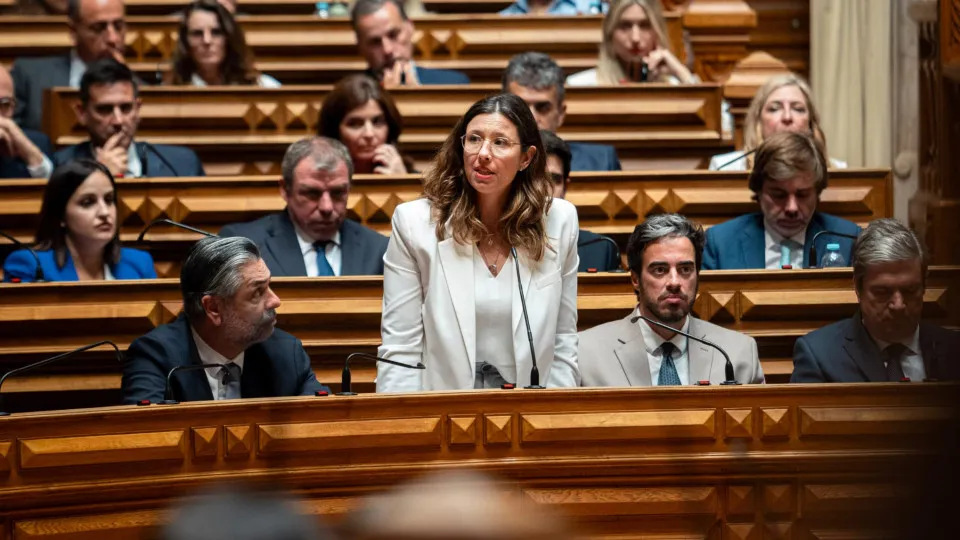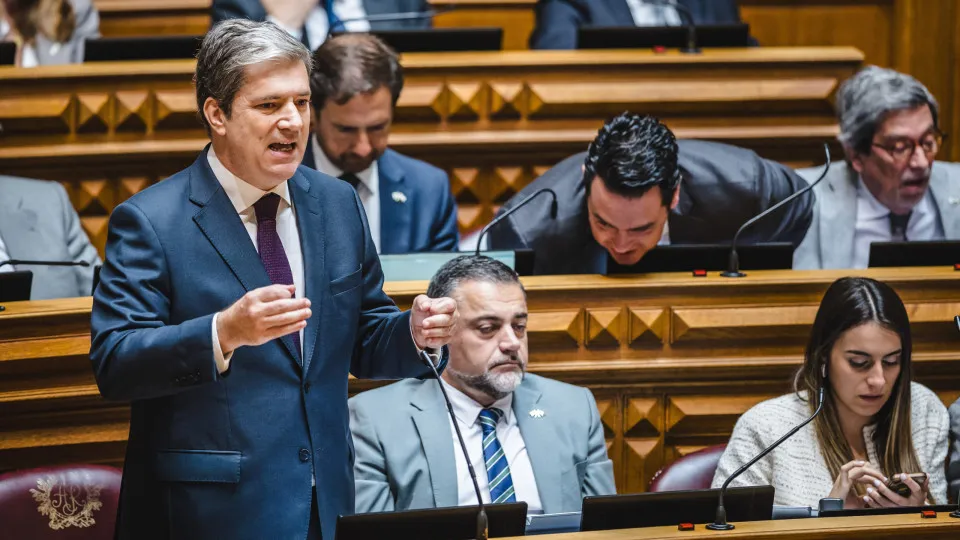The Portuguese Assembly of the Republic is set to commence this Monday the plenary debate on the Government’s proposal for the State Budget for 2026, which is poised for approval in its generality, with the abstention of the PS. What does the Executive’s proposal entail?
What changes are expected?
The Government, through a dedicated website for the OE2026, addresses some key questions and explains essential aspects of the proposal. Here’s what to know:
1 – Will there be tax relief next year?
“Yes. Additional relief is expected in terms of IRS. A 0.3 percentage point reduction in the IRS rate between the 2nd and 5th brackets is anticipated. Additionally, there will be a 3.5% update to IRS brackets (above the 2.1% forecast for 2026 inflation), along with an update to the minimum existence threshold, ensuring that the National Minimum Wage continues to be exempt from IRS.”

The Government has set a target for the national minimum wage to rise to 920 euros in 2026, as outlined in the social concertation agreement accompanying the State Budget proposal for 2026 (OE2026).
2 – Will pensions increase?
“Yes. The Solidarity Supplement for the Elderly (CSI) will increase by €40, reaching €670 in 2026. In addition, an extraordinary supplement for pensioners will be evaluated. This increase will be accompanied by updates to pensions, supplements, and other social benefits, representing a total investment of 700 million euros.”
3 – What will be done about Housing?
“A series of measures are being implemented, from the provision and construction of tens of thousands of publicly funded houses to the sale of state properties for housing purposes. On a fiscal level, the aim is to reduce VAT in construction, lower the IRS rate for landlords in moderate rent contracts, and increase the deduction ceiling for tenants.”
4 – Will the economy grow next year?
“Yes. The Government’s budget proposal for 2026 forecasts a 2.3% growth, alongside maintaining the budget surplus and continuing the reduction of the public debt-to-GDP ratio, which for the first time in several years, is expected to drop below 90%.”
5 – Why is this called a more transparent Budget?
“For the first time in the nation’s history, the entire central Administration and the Social Security Budget are fully integrated into program-based budgeting, enabling simple and transparent verification of amounts allocated to each government area, based on objectives and specific actions, measured through performance indicators.”
The OE2026 timeline
The debate begins today at 3:00 PM with an address by the Prime Minister. The document discussion is set for 249 minutes but can be adjusted by parties to transfer time to Tuesday.
The first round of inquiries starts with the largest opposition party (Chega) and continues with other political forces in descending order, each having up to five minutes. The discussion proceeds on Tuesday, with sessions scheduled for 10:00 AM and 3:00 PM.
Tuesday will also feature a new schedule with over four hours for debate and 109 minutes for closing, with statements from all parties and the Government, followed by the vote.
The supportive votes of PSD and CDS-PP, along with PS’s announced abstention, ensure the document’s approval at this stage. However, the Chega party’s vote remains uncertain.
On Sunday, the PCP vowed “steadfast opposition” to the State Budget proposal for 2026, accusing PSD, CDS-PP, Chega, IL, and PS of disregarding the country’s concerns.
Additionally, the BE declared it would vote against the proposal, and PAN announced it would abstain “as a sign of openness to dialogue.”
Public Finance Council raised doubts
On Thursday, the Public Finance Council (CFP) raised concerns over the sustainability and realization of the 0.1% surplus forecast in OE2026, warning it is backed by one-off measures and extraordinary revenue.
In Brussels, Prime Minister Luís Montenegro argued that his Government “cannot be accused of lacking financial credibility” and pointed out instances where they faced “pessimism and disbelief from national and international entities,” urging the review of all achieved results.
“All targets were not only met but surpassed […] The credit we have until now is very high, and I hope the Government will not lose it,” he stated.
The Government’s OE2026 proposal omitted more contentious matters, such as labor law and Social Security, which are discussed separately in parliament, a requirement of the PS to facilitate the Budget’s passage at this stage.
After the general vote, the detailed examination begins
The detailed examination will commence on Wednesday in the Committee on Budget, Finance, and Public Administration (COFAP) with hearings of all ministers and some institutions like the Court of Auditors, the Economic and Social Council, and the CFP.
The hearings will conclude on November 7, marking the deadline for parties to submit amendment proposals to the document.
From November 20 to 26, morning plenary discussions will take place, with afternoon votes in COFAP, concluding with the final global vote scheduled for November 27.
The Government forecasts a 2% GDP growth this year and 2.3% in 2026, aiming for surpluses of 0.3% of GDP in 2025 and 0.1% in 2026. The debt ratio is estimated to reduce to 90.2% of GDP in 2025 and 87.8% in 2026.




